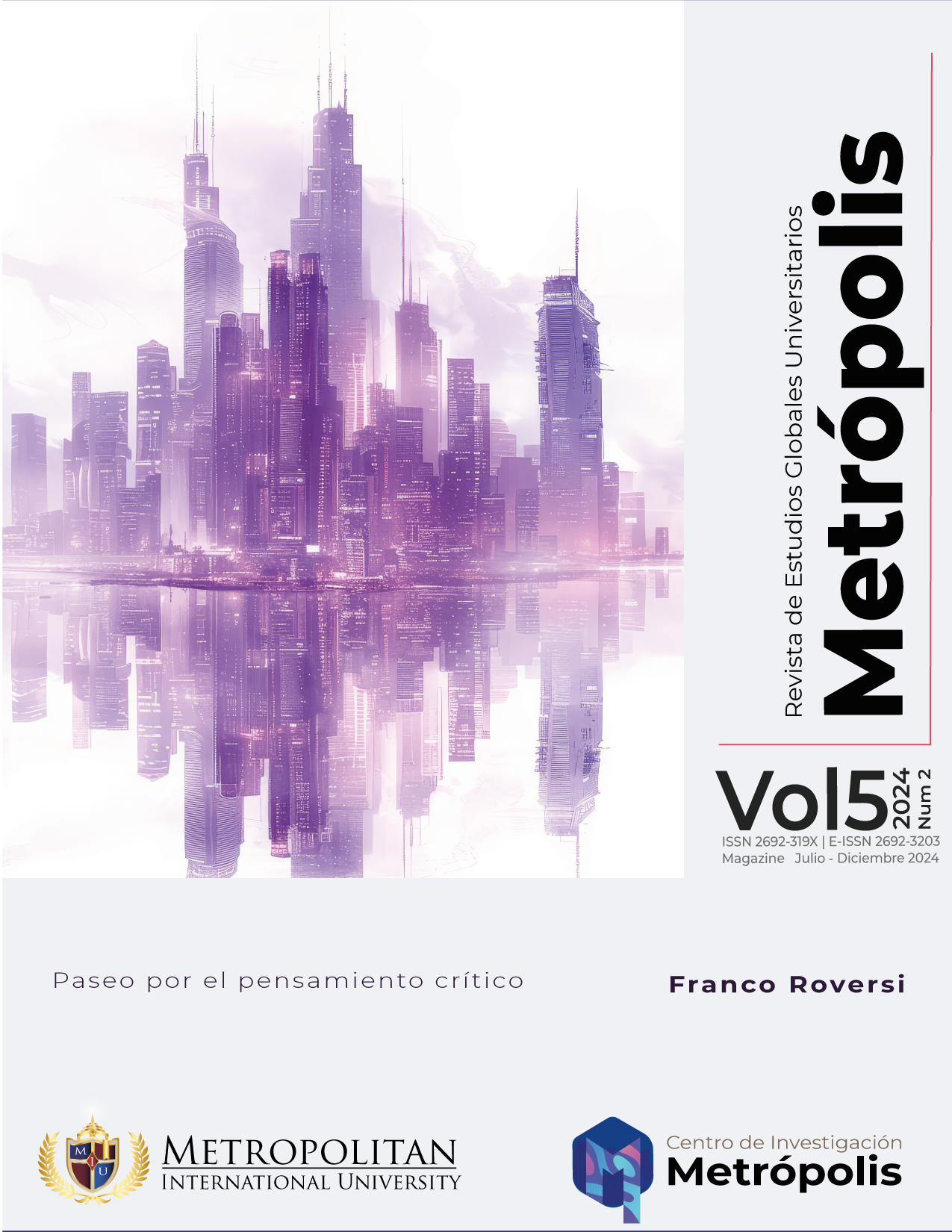A stroll through critical thinking
Keywords:
Critical Thinking, Education, Pedagogy, Modernity, PostmodernityAbstract
The present reflective exercise considers the origin and evolution of critical thinking in the educational field, showing its distinction from the dogmatic philosophical positions of figures like Bacon and Hume, among others, while highlighting Kant's significant contribution in the eighteenth century, who transformed the understanding of knowledge by introducing critical philosophy as a response to how we understand and perceive the world. This transformation gives rise to a pedagogical approach that promotes self-regulated and conscious thinking, linking education with reason and evidence, and lays the foundations for critical theory in education. The latter, influenced by the Frankfurt School and figures such as Marx and Freire, seeks a profound social critique that addresses inequality and advocates for emancipation, emphasizing the importance of reflective educators. Critical pedagogy complements this approach through dialogue that allows students to recognize and confront sociocultural constraints, fostering freedom of thought and creativity. In current educational realities, critical thinking becomes the pathway to forming active individuals capable of questioning and transforming acquired knowledge. Not only does it promote a participatory curriculum that transcends mere information accumulation, but it also implements new models of teaching and assessment that favor inclusive and meaningful learning. At its core, it advocates for a change in education, where critical thinking prepares students for a continually evolving world, focusing on knowledge and developing social and ethical competencies

Downloads
Published
How to Cite
Issue
Section
License

This work is licensed under a Creative Commons Attribution-NonCommercial-ShareAlike 4.0 International License.



